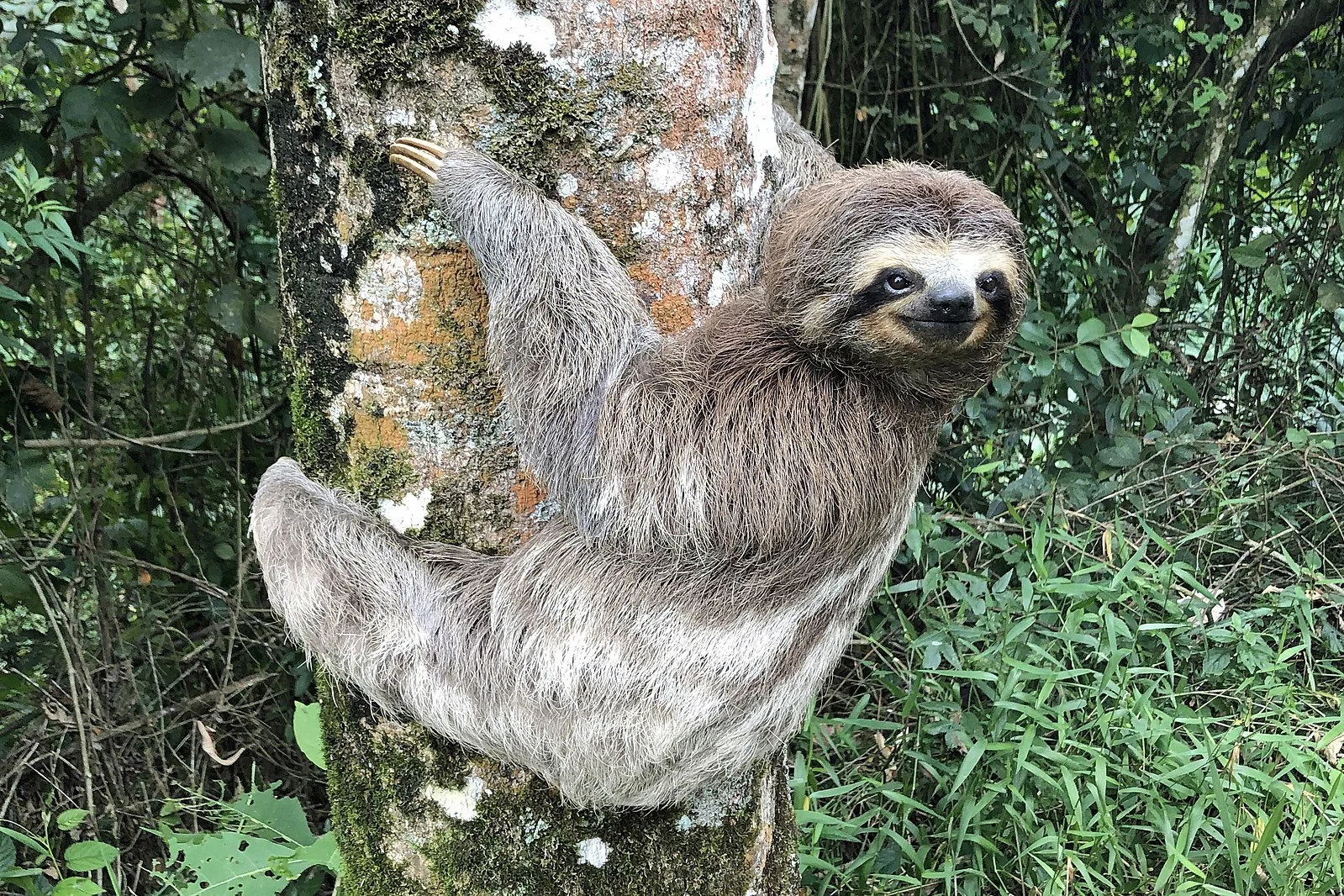Why is 1 not a prime number?
The short answer
Mathematicians have purposefully chosen to exclude one from the definition of a prime number because it complicates certain theorems.
The long answer
As Harry Nilsson once sang, one is the "loneliest" number.
I'm not sure Harry was singing about mathematics theorems, but one might be lonely because it's the odd one out when it comes to prime numbers.
Let's dive in with a quick refresher on prime numbers.
What is a prime number?
A prime number is commonly defined as a positive whole number which can only be divided by one and the number itself. That definition seems to indicate that one is a prime number because it can be divided by one and itself (also one):
1 / 1 = 1However, there's actually a more precise definition of prime numbers that modern mathematics has rallied around. In this updated definition, a prime number is a positive whole number divisible by exactly two distinct numbers. Since one is divisible by only a single number, it doesn’t fit this definition.
If this "because we say so"-style answer seems arbitrary, it's because it is arbitrary.
As Professors Chris K. Caldwell and Yeng Xiong eloquently wrote in a paper:
“First, whether or not a number ... is a prime is a matter of definition, so a matter of choice, context and tradition, not a matter of proof. Yet definitions are not made at random; these choices are bound by our usage of mathematics and, especially in this case, by our notation.”
A more insightful question then becomes...
Why has 1 been excluded from being a prime number?
Until the 19th century, many mathematicians considered one to be a prime number. But the field eventually evolved to exclude one from the definition of prime because it complicated certain theorems.
Most notably, one being prime would complicate the Fundamental Theorem of Arithmetic. This theorem states that every positive whole number can be written as a product of primes in exactly one way.
For example, you can break down 30 in several ways:
30 = 5 * 6
30 = 2 * 15
30 = 10 * 3
But when you keep breaking them down, you end up with the same prime numbers (5, 3, 2):
30 = 5 * 6 = 5 * 3 * 2
30 = 2 * 15 = 2 * 5 * 3
30 = 10 * 3 = 5 * 2 * 3
Even though the order may vary, the beauty of this theorem is that each positive whole number is a product of the same unique prime numbers. As one math blog put it, prime numbers are somewhat like the "DNA" of positive numbers forming the unique building blocks of each number. Cool, right?
If one were a prime number, it would make this theorem infinitely more complicated. Because then the product of primes of 30 would no longer be a unique set. You could keep adding one indefinitely:
30 = 5 * 3 * 2 * 1
30 = 5 * 3 * 2 * 1 * 1
30 = 5 * 3 * 2 * 1 * 1 * 1
...
Mathematicians could adjust the Fundamental Theorem of Arithmetic (and other more complicated algorithms and functions I won't dare to try to explain for both of our sakes) to say one is an exception to the rule, but it's easier to simply define prime numbers to not include one.
To put it simply, it's more convenient to omit one from prime numbers than to continually make exceptions for it in mathematical theorems.
🧠 Bonus brain points
Has 1 always been a number?
No. For centuries, mainly in ancient Greece, one wasn't considered to be a number. Rather it was regarded as a unit, of which numbers were composed.
Curious about how the world works?
Today You Should Know is a free, weekly email newsletter designed to help you learn something new every Friday.
Subscribe today 👇
Check out some other curious questions:
Sources
Caldwell, C. (n.d.). FAQ: Why is the number one not prime?. PrimePages. https://t5k.org/notes/faq/one.html
Caldwell, C. K., & Xiong, Y. (2012). What is the Smallest Prime? Journal of Integer Sequences, 15. https://cs.uwaterloo.ca/journals/JIS/VOL15/Caldwell1/cald5.pdf
Grime, J. (2012, February 3). 1 and Prime Numbers - Numberphile. YouTube. https://www.youtube.com/watch?v=IQofiPqhJ_s
Lamb, E. (2019, April 2). Why isn’t 1 a prime number? Scientific American. https://www.scientificamerican.com/blog/roots-of-unity/why-isnt-1-a-prime-number/
Mayhew, D. (2022, April 29). Is 1 a prime number?. Victoria University of Wellington. https://www.wgtn.ac.nz/science/ask-a-researcher/is-1-a-prime-number
Orlin, B. (2019, September 25). Why Isn’t 1 a Prime Number? Math with Bad Drawings. https://mathwithbaddrawings.com/2019/09/25/why-isnt-1-a-prime-number/




It’s like an American accent but with calendars.